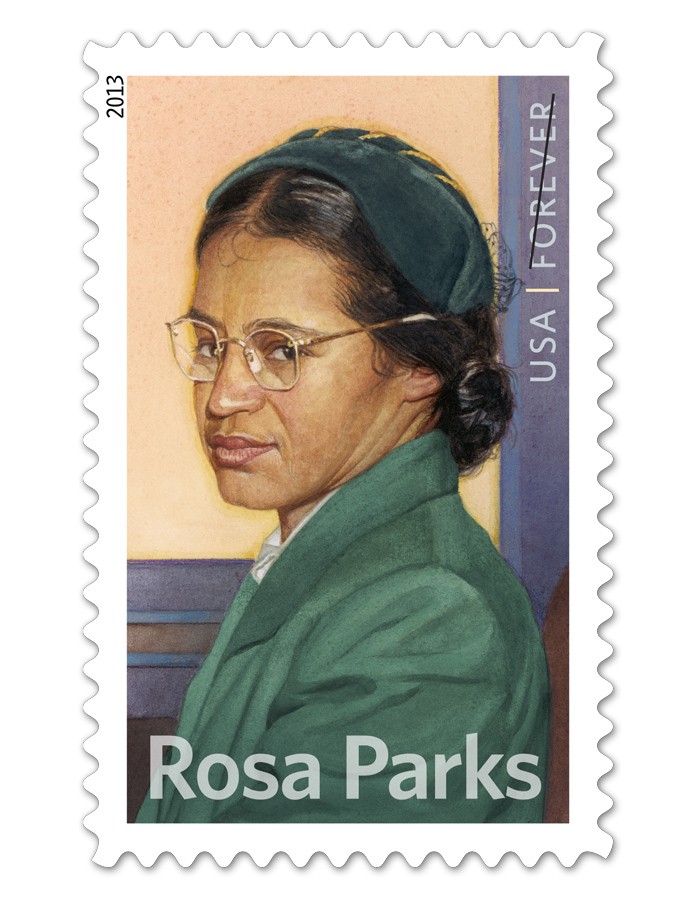Here are two of the latest stamps to be released in 2013 by the USPS that represent the history of Black America.
With this stamp the U.S. Postal Service commemorates the 150th anniversary of the Emancipation Proclamation, which President Abraham Lincoln signed on January 1, 1863.
Lincoln’s proclamation, issued nearly two years into the Civil War, declared that all slaves in the rebel states of the Confederacy “are, and henceforward shall be free.” In addition, the document authorized the recruitment of Black soldiers into the Union army. Their courage in battle and contributions to the Union’s ultimate victory greatly influenced the nation to adopt the 13th Amendment to the Constitution in 1865, outlawing slavery forever.
“In giving freedom to the slave, we assure freedom to the free,” Lincoln wrote in a message to Congress one month before signing the Emancipation Proclamation. A nation “dedicated to the proposition that all men are created equal” at last began the journey toward true liberty and justice for all.
The U.S. Postal Service Rosa Parks stamp honors the life of this extraordinary American activist who became an iconic figure in the civil rights movement. In 1955, in Montgomery, Alabama, Rosa Parks courageously refused to give up her seat on a municipal bus to a white man, defying the discriminatory laws of the time.
The stamp art, a gouache painting on illustration board, is a portrait of Parks emphasizing her quiet strength. A 1950s photograph served as the basis for the stamp portrait.
The response to Parks’s arrest was a boycott of the Montgomery bus system that lasted for more than a year and became an international cause célèbre. In 1956, in a related case, the U.S. Supreme Court affirmed that segregating Montgomery buses was unconstitutional.
Soon after the boycott ended, Parks moved to Detroit, Michigan. She joined the 1963 march on Washington and returned to Alabama in 1965 to join the march from Selma to Montgomery. The many honors Parks received in her lifetime include the Presidential Medal of Freedom (1966), the Spingarn Medal (1979), and the Congressional Gold Medal (1999). Upon her death in 2005, she became the first woman and second African American to lie in honor in the U.S. Capitol Rotunda in Washington, DC.







